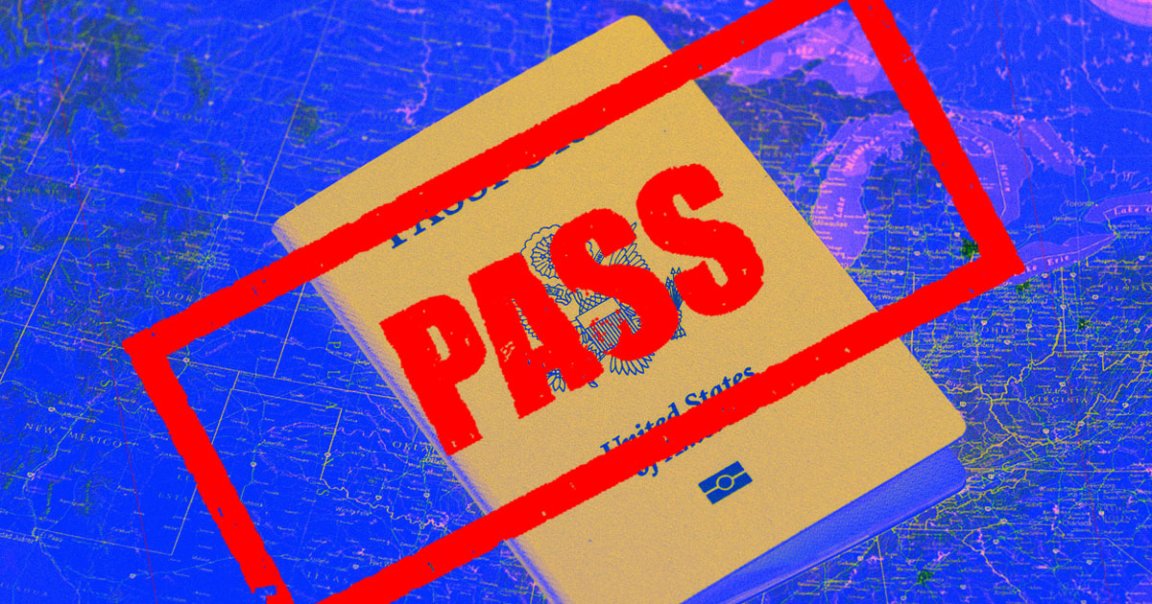
German researchers are suggesting that “immunity passports” could be given out to workers who have already caught the coronavirus — meaning they’re now immune — in a bid to get them back to work and help speed up the return to normal society.
A mass study being planned by Germany’s public health body and a number of research groups and hospitals, The Guardian reports, will involve testing blood samples from 100,000 people for coronavirus antibodies, starting in mid-April.
The presence of antibodies in the blood indicates that the body is capable of fighting the virus — and is likely indicative that a subject was once a carrier. Such a test is inherently different than those being used right now to tell if somebody has the virus at the time of testing or not.
The idea is to give those who have these antibodies an “immunity passport” and allow them to get back to work. Once “herd immunity” is achieved in certain areas, governments could start easing restrictions in larger swathes of the country.
But before the government can start handing these passes out, there’s still one key question that needs to be answered: once a patient has successfully fought off the virus, are they really immune in the long term? As The Guardian points out, contracting SARS didn’t guarantee immunity beyond approximately a year after infection.
But experts are hopeful.
“It could be that this coronavirus causes a pretty robust immune response, which is durable and protective for much longer, maybe a year or even five years, but we don’t know because it’s a new virus,” a member of the UK government’s respiratory virus threats advisory group told The Guardian.